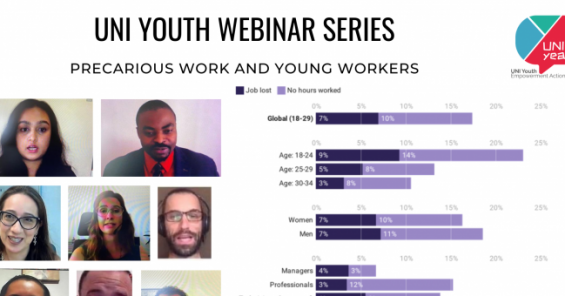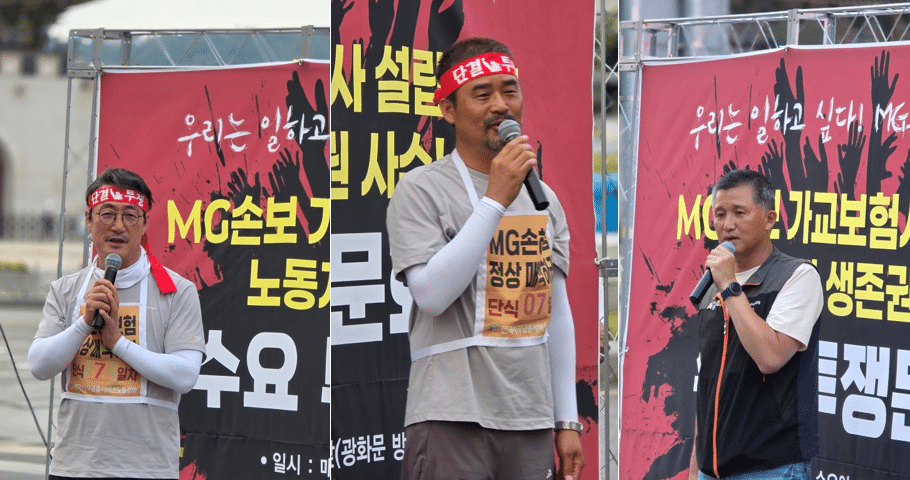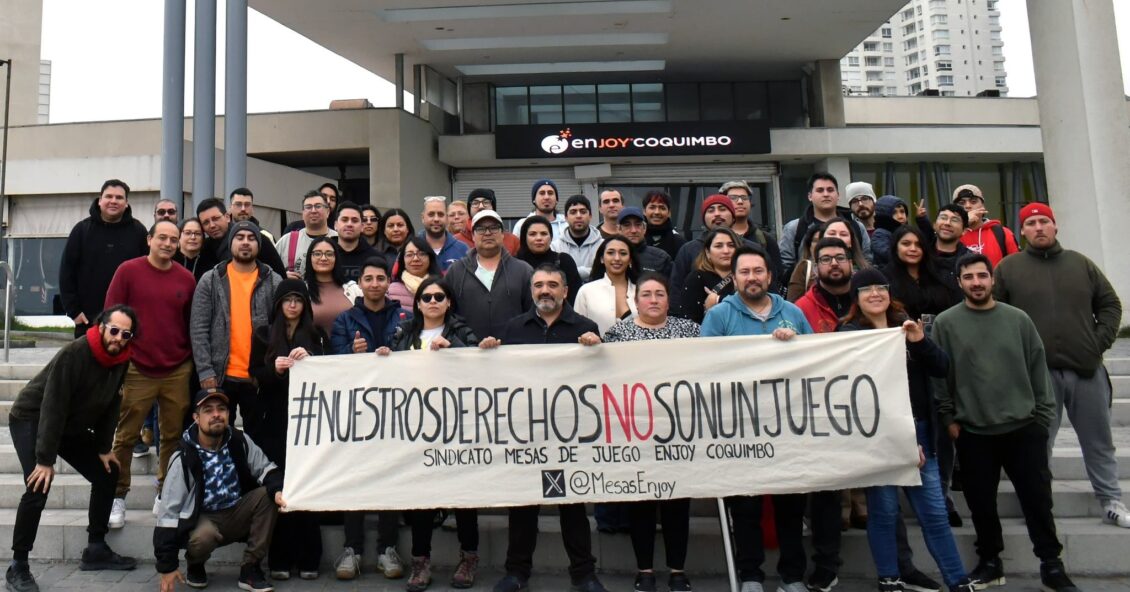With no sick pay, access to PPE or social security precarious workers face a stark choice — go to work and potentially get sick, or stay home and lose their jobs
As part of an ongoing series of UNI Youth webinars, UNI Equal Opportunities brought together over 90 trade unionists to address the issue of precarious work. With presentations from the International Labour Organisation and others, participants discussed how unions can fight to protect workers from the impacts of irregular, unstable work. Participants came away from the webinar determined not to let the Covid-19 crisis exacerbate an already difficult situation for workers already on the edge.
“Precarious work has a deep influence on young workers – not only on their living conditions, but also on their families and communities,” said Marta Ochoa, Head of UNI Youth. “Around the world, more and more people find themselves in precarious work, and the global pandemic is forcing precarious workers to make difficult decisions every day.
“Do I go to work and potentially get infected? Or do I protect myself and my family, but lose my job? As unions, it is our duty to fight and protect our workers from poverty wages, zero-hour contracts and the debilitating effects of precarious work.”
For participants, the answer to the challenges posed by precarity was clear – organize. Joining or forming a trade union and collective bargaining are the strongest tools to negate the most devastating aspects of precarious work.
All over the world, however, precarious work is increasing. Drew Gardiner, a Youth Employment specialist from the ILO said that the Covid-19 crisis would serve to increase this harmful trend.
Marimo Tirivanhu from the Zimbabwean Allied Workers Union told participants that a huge proportion of young African workers were in precarious work.
“Forty-nine per cent of young African workers live on less than $1.25 a day and 73 per cent on less than $2. When you combine that with zero access to sick leave, job insecurity and non-payment of wages, workers are desperate to form unions and win recognition.”
In the APRO region, UNIPHIN’s Prattima Bhatta said that precarious work is the norm – despite the negative impact on health. “In Thailand, Indonesia, Vietnam and the Philippines, 60-75 per cent of workers are in precarious work,” said Bhatta. “Whilst in Sri Lanka, India and Nepal, that number soars to around the 70-90 per cent mark.”
In order to reverse this trend, participants agreed that young trade unionists should focus on one thing – organizing, organizing, organizing. Workers are stronger together in a union, and the only way to fight precarious work is through strong unions and collective bargaining.


